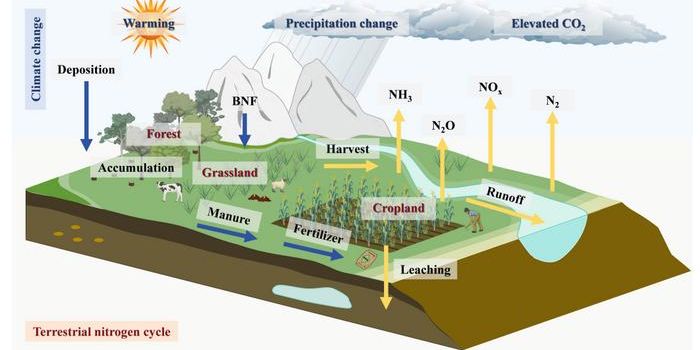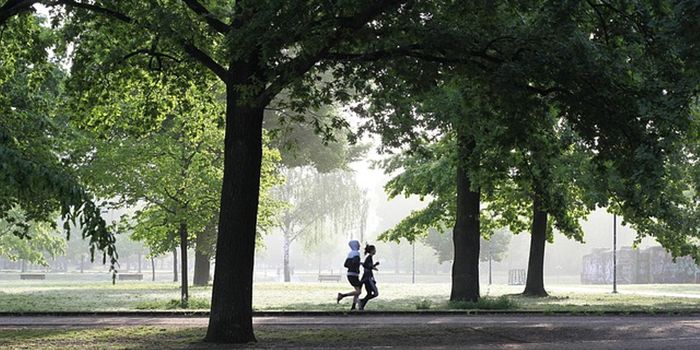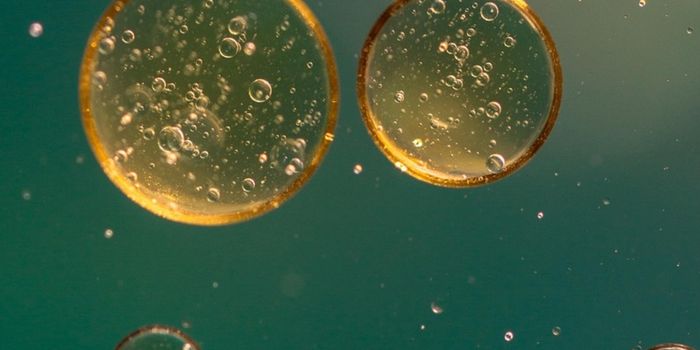After completing intense exercise, over three thousand human genes are expressed to help the body recuperate. However, drugs containing antihistamine, commonly used for the treatment of allergies, may be reducing the power of this genetic army by almost thirty percent.
Histamine is notoriously known as the natural chemical in the body that is designed to respond to pollen, mold, animal dander, insect bites, and other environmental allergens. Some people have a stronger histamine response to allergens, which explains why your friend has to hibernate in the spring but you don’t experience anything worse than an increase in daily sneezes. Antihistamine-based drugs decrease the inflammatory response that occurs as a result of histamine responding to allergens, which produces your itchy, watery eyes, runny nose, sneezing, or cough.
Histamine plays another, less known role in the body as well. John R. Halliwill, PhD, from the University of Oregon and one of 10 co-authors from a new study published in the
Journal of Physiology, discovered over a decade ago that in addition to its connection to environmental allergens, histamine also has the ability to
relax blood vessels to increase blood flow that helps the body recuperate after intense exercise. Improving blood flow allows the heart to pump more oxygen to travel to and relieve exhausted muscles.
You can probably start to see why consuming antihistamines before, during, or after intense exercise can be detrimental to athletes’ health. With nearly 800 affected gene responses inhibited because of antihistamine presence, scientists from the University of Oregon looked to pinpoint the specific impact on recovery time after intense exercise.
"Histamine, a substance that we typically think of negatively and is most often associated with seasonal allergies, is an important substance contributing to the normal day-to-day response to exercise in humans," said doctoral student Steven A. Romero.
In a study led by Romero and colleague Hans Dreyer, researchers recruited 10 males and 6 females between 23 and 25 years of age, all reporting to be physically active. They completed an “hour of knee-extension exercise at 60 percent of their peak power, about 45 kicks per minute.” Additionally, 8 participants consumed 540 milligrams of fexofenadine and 300 milligrams of ranitidine, two over-the-counter antihistamine drugs, levels which were almost three times the recommended dosage. Fexofenadine and ranitidine both target one of the two known histamine receptors associated with the post-exercise recovery response.
After collection data from blood flow, blood pressure and heart rate measurements throughout the experiment as well as quadriceps muscle biopsies before and after exercise, the researchers began their analysis.
Romero and Dreyer sequenced RNA from the biopsy data, looking for evidence of angiogenesis, the production of new blood vessels. They found this and more: the study also showed an increase in gene expression prompting
glucose absorption by muscles, “restructuring of muscles in response to exercise, immune responses, and intercellular communications.”
Romero and Dreyer were able to conclude that while antihistamines had no effect prior to exercise and little influence on gene expression at the conclusion of the workout, three hours after the experiment, 88 percent of the almost 800 genes previously shown to be affected by antihistamines responded with lower levels of expression.
There are still more genes that are involved with histamine activation during post-exercise recovery that should be studied to completely understand the impact of antihistamine drugs on recovery.
Should athletes avoid taking antihistamines?
“It’s too early to make that call,” Halliwill said.
Source:
University of Oregon









